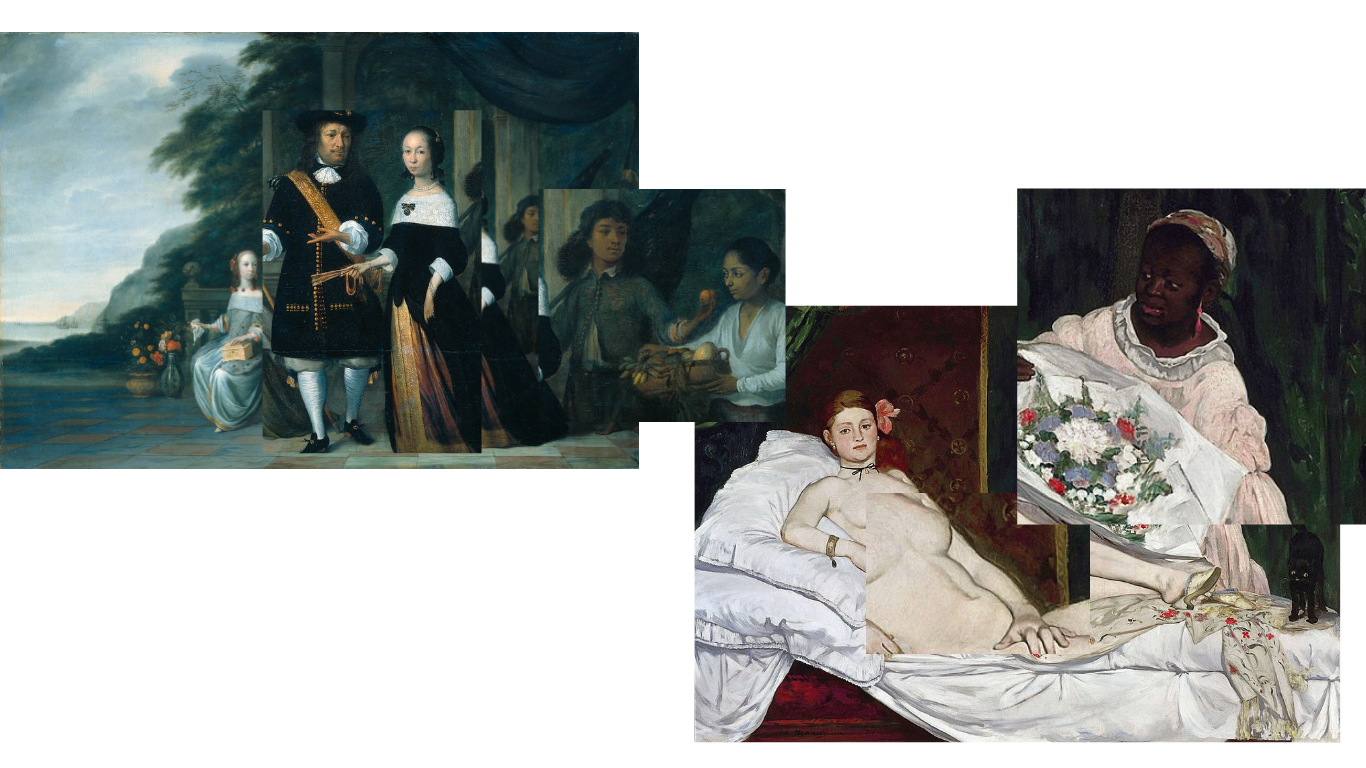Biases in Computer Technology and AI
17.06.2025 – H13:30-19:30
18.06.2025 – H16:00-20:00
17.06.2025 – H13:30-19:30
18.06.2025 – H16:00-20:00
In collaboration with the University of Basel, DH-CH Digital Humanities Switzerland
The conference and workshop will be held in English
Register here to attend the event in person
This event invites PhD researchers in the Digital Humanities to actively engage with the concept of bias in data, algorithms, interfaces, and research design. The aim is to critically identify different forms of bias and collaboratively develop strategies for addressing them in scholarly practice.
The program includes interactive and reflective formats. It begins with a structured exchange exercise to surface common types of bias encountered in research. Participants then work in groups to analyse real-world case studies, investigate fictional datasets for hidden biases, and participate in a method lab to design bias-aware approaches and workflows.
To conclude, participants will draft bias reflection protocols for their projects and engage in a final discussion on structural biases within the field of Digital Humanities itself.
The workshop promotes peer exchange, critical reflection, and methodological awareness in an interdisciplinary research context.

PROGRAMME:
Day 1 – 17 June 2025
H13:30 Opening Session – Welcome by Dr. Ilyas Azouzi (Head of Science, Research, and Innovation, Istituto Svizzero di Roma) and Prof. Peter Fornaro (University of Basel, Digital Humanities Lab, and President of DHCH)
H13:40–16:00 Research Presentations
Carlijn Juste – PhD Graduate (via Zoom)
Paola Lechuga Santin – Master’s-to-PhD
Sven Burkhardt – Master’s-to-PhD
Pema Frick – Master’s-to-PhD
Ramon Erdem-Sanchez – Master’s-to-PhD
H16:00–16:30 Coffee Break
H16:30–17:30 From Canonical Works to Algorithmic Bias: Rethinking Cultural Authority in the Digital Age, Keynote Lecture – Dr. Chiquet Vera (Online)
H17:30–18:00 Coffee Break
H18:00–19:00 Data Bias—A Historian’s Perspective. Or What Machine Learning Systems Have to Do with the Japanese Middle Ages, Keynote Lecture I – Prof. Lucas Burkart
H19:00–19:30 Reflection & Discussion
H19:30 Aperitivo
Day 2 – 18 June 2025
H16:00–16:15 Opening Session – Welcome by Dr. Ilyas Azouzi and Prof. Peter Fornaro for new attendees
H16:15–18:15 Research Presentations
Chiara Capulli – Postdoctoral Fellow
Laura Wagner – PhD Candidate
Maria-Teresa De Rosa-Palmini – PhD Candidate
Ismini Makaratzi – PhD Candidate
H18:15–18:30 Coffee Break
H18:30–19:30 Using Explainable AI to Understand Human Behaviour and Bias, Keynote Lecture II – Prof. Rosa Lavelle-Hill
H19:30–20:00 Reflection & Discussion
H20:00 Aperitivo
Prof. Dr. Lucas Burkart has been professor of Medieval and Renaissance History at the University of Basel since 2012. His research interests include the cultural history of the Middle Ages and the Renaissance, their global interconnectedness, and the history of historiography. He is currently supervising the critical edition of the works of Jacob Burckhardt; furthermore, he runs the ongoing research project “Economies of Space. Practices, Discourses and Actors in the Basel Real Estate Market (1400-1700)”. Finally, with the initiative “Digitales Schaudepot” he drives his vision of open cultural heritage in the digital age. His latest publications include: “Materialized Identities. Objects, Affects and Effects in Early Modern Culture–1450-1750” (Amsterdam University Press 2021) and „Burckhardt. Renaissance. Explorations and Re-readings of a Classic“ (Wallstein Verlag 2021). Muster der Renaissance / Renaissance Patterns. Special Issue. Zeitschrift für Kunstgeschichte Vol. 87 (2024), 1 (Deutscher Kunstverlag, March 2024) &, finally, Stadt in Verhandlung, Basel 1250—1530 (Christoph Merian Verlag 2024).
Dr. Vera Chiquet is currently the director of the Swiss Agricultural Museum, after having served as deputy head of the Department Professorship Digital Humanities at the University of Basel. An art history and sociology scholar by training (PhD), she focuses on new methods in the humanities—mainly computational and experimental approaches to explore visual and social practices. She initiated the DH CH Network and has been active in promoting critical and visual studies through both academic and applied digital research. Since publishing her book Fake Fotos, she has continued to investigate historical and contemporary image practices. She also supports a wide range of digital research initiatives through her start-up Virtual Culture.
Prof. Dr. Rosa Lavelle-Hill is an associate professor of digital humanities, social science, and AI at the University of Basel. She is part of the Digital Humanities Lab and the Department of Social Sciences. Her research lies at the intersection of social science, data science, and AI, particularly in the development of ethical AI and the use of data-driven methods to understand human behavior and complex societal problems. Previously, she held an assistant professorship with tenure track at the University of Copenhagen, and worked as a post-doc at the University of Tübingen and The Alan Turing Institute, the UK’s national institute for data science and AI. Prior to this, she received her PhD in “Big Data Psychology” from the University of Nottingham. Rosa has secured 3rd party funding and published her work in leading journals across a number of different fields, including environmental psychology, educational psychology, computational social sciences, applied data science, human rights, and modern slavery.
On the left: Jacob Coeman: Pieter Cnoll, Cornelia van Nijenrode, their Daughters and Two Enslaved Servants, 1665 Oil on canvas, 132 × 190.5 cm. Rijksmuseum, Amsterdam Cropped and processed image detail used for illustrative purposes. Image Source On the right: Édouard Manet: Olympia. 1863 Oil on canvas (130.5 × 191 cm) Musée d'Orsay Cropped and processed image detail used for illustrative purposes.